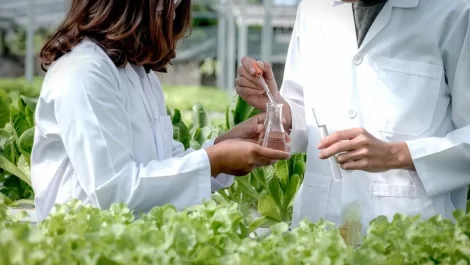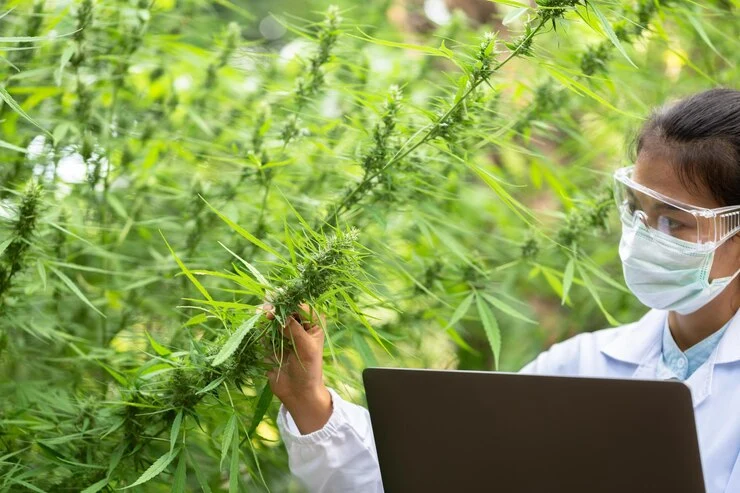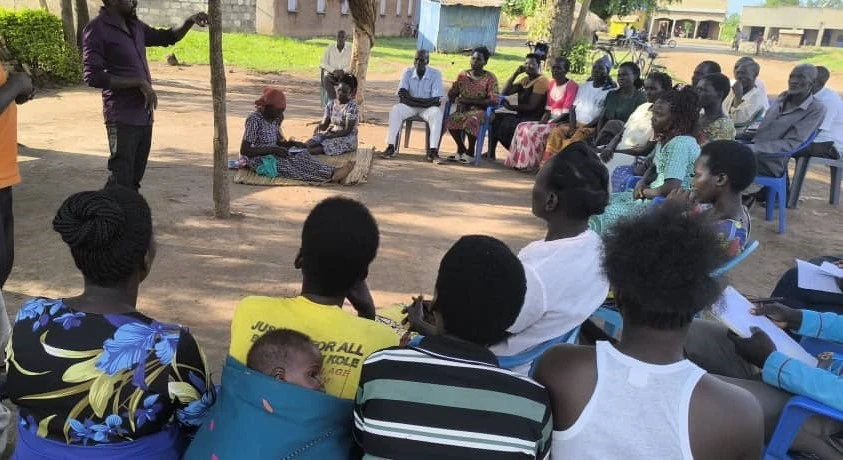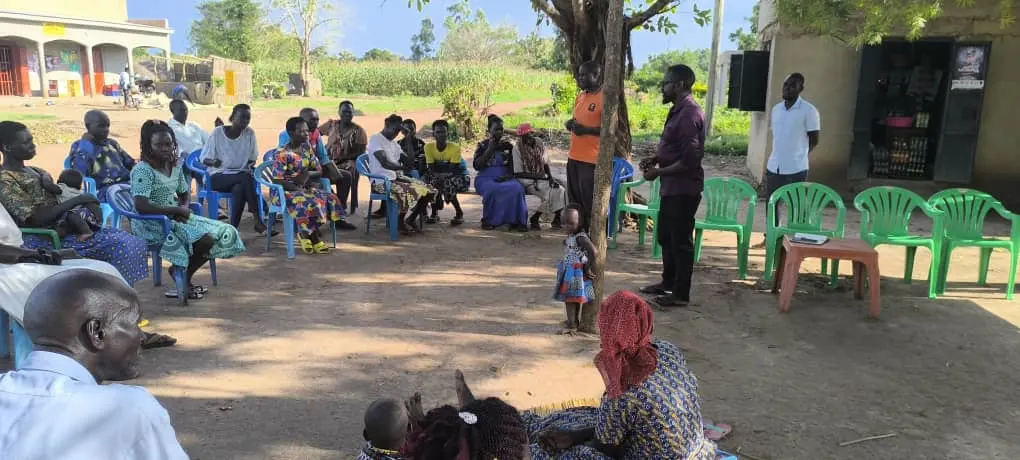At Agrosahas International PVT LTD, we recognize that health and agriculture are deeply intertwined. The well-being of rural communities is directly influenced by the quality of their agricultural practices, access to nutritious food, and the availability of healthcare services. In this blog, we will discuss Agrosahas’ community health initiatives that integrate healthcare with agriculture, and how these programs contribute to improved health outcomes and economic empowerment in Uganda.
The Link Between Agriculture and Healthcare
Agriculture plays a critical role in promoting primary health care, particularly in rural areas where access to healthcare services may be limited. By ensuring the availability of nutritious food, agriculture directly impacts the health and well-being of communities. Furthermore, sustainable agricultural practices can reduce the incidence of diseases related to malnutrition, food insecurity, and poor sanitation.
How the Agricultural Sector Contributes to Primary Health Care
The agricultural sector contributes to primary health care in several ways:
- Nutrition and Food Security: Agriculture is the primary source of food and nutrition for communities. By promoting the cultivation of diverse and nutrient-rich crops, Agrosahas ensures that communities have access to the essential vitamins and minerals needed for good health.
- Income Generation and Access to Healthcare: Through employment and income generation, agriculture enables families to afford healthcare services. Agrosahas supports smallholder farmers in increasing their productivity and income, which in turn allows them to invest in their health and well-being.
- Environmental Health: Sustainable agricultural practices promoted by Agrosahas, such as organic farming and soil conservation, help maintain a healthy environment. This reduces the risk of waterborne diseases, respiratory problems, and other health issues related to environmental degradation.

The Role of the Agricultural Sector in Employment Creation
In Uganda, the agricultural sector is a major driver of employment, particularly in rural areas. Agriculture provides livelihoods for the majority of the population, either directly through farming or indirectly through related industries such as agro-processing, transportation, and marketing.
Agrosahas plays a significant role in creating employment opportunities within the agricultural sector. By supporting smallholder farmers, promoting cooperative farming models, and facilitating access to markets, Agrosahas helps rural communities achieve economic independence. This, in turn, enables families to invest in healthcare, education, and other essential services.
Conclusion
Agrosahas International PVT LTD is committed to improving the health and well-being of rural communities by integrating healthcare with agricultural activities. Our community health initiatives, which range from nutrition-sensitive agriculture programs to health education and hygiene promotion, address the root causes of health issues in rural areas. By linking agriculture with healthcare, Agrosahas not only improves health outcomes but also contributes to economic empowerment and sustainable development.




